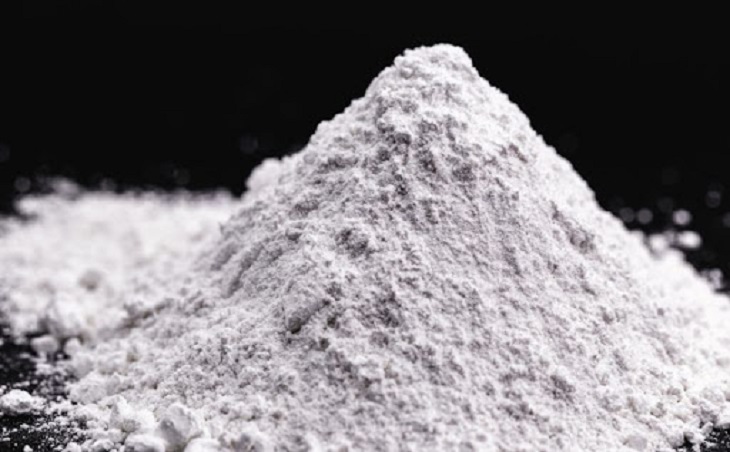Farmers often use various additives to improve the quality and productivity of their soil. One such product is dolomite powder, which is valued for its ability to enhance soil health and boost crop yields. This article explores why dolomite powder is a preferred choice for many farmers, as well as its benefits and the role it plays in soil management.
What is Dolomite Powder?
Dolomite powder is a type of limestone that contains both calcium and magnesium. These two elements are essential for plant growth and contribute to the overall health of the soil. Dolomite is typically ground into a fine powder to be used in agricultural applications. It is available in different forms, including agricultural-grade dolomite, which is specifically processed for soil improvement.
Improving Soil pH Levels
One of the primary reasons farmers add dolomite powder to the soil is to adjust the pH level. Many soils, especially acidic ones, can be harmful to plant roots, affecting nutrient absorption and overall plant health. Dolomite powder works as a natural pH balancer, raising the pH of acidic soils and creating a more neutral environment. This adjustment helps plants grow better by making essential nutrients more available to them.
Adding Essential Nutrients
Dolomite powder provides two key nutrients: calcium and magnesium. Both are vital for plant growth and development. Calcium strengthens cell walls, improves root development, and aids in water regulation within the plant. Magnesium, on the other hand, is a central component of chlorophyll and plays a crucial role in photosynthesis. By adding dolomite powder, farmers can supplement these essential nutrients, helping crops thrive.
Enhancing Soil Structure
In addition to adjusting pH and providing nutrients, dolomite powder also improves soil structure. It helps in breaking down compacted soils, making them more porous and allowing for better root penetration and water drainage. This is especially beneficial in heavy, clay-like soils that tend to retain excess water and can cause root rot. The addition of dolomite helps improve aeration, leading to healthier soil and better crop growth.
Reducing Soil Erosion
Dolomite powder can also help prevent soil erosion. Erosion is a common problem in areas with high rainfall or strong winds, as it can wash away the topsoil, which contains the most nutrients. By improving the structure and stability of the soil, dolomite powder helps reduce erosion and maintains the integrity of the soil over time. This ensures that the soil retains its fertility, benefiting long-term crop production.
Dolomite Powder and Environmental Impact
Farmers who use dolomite powder are also making an environmentally-friendly choice. Unlike synthetic fertilizers, which can lead to soil depletion and water pollution, dolomite is a natural mineral. When used properly, dolomite powder helps maintain a healthy, sustainable ecosystem. It supports soil life, such as earthworms and beneficial microorganisms, which are essential for organic farming practices.
Where to Source Dolomite Powder
In India, there are numerous dolomite powder manufacturers in India who produce high-quality products for agricultural use. These suppliers offer dolomite powder that meets international standards, ensuring its effectiveness in soil treatment. Additionally, a variety of dolomite powder exporters in India ship this product worldwide, providing farmers across the globe with access to this valuable soil additive.
Conclusion
Dolomite powder is an essential tool for farmers looking to enhance soil quality and improve crop yields. Its ability to adjust pH levels, supply key nutrients, and enhance soil structure makes it a valuable addition to any farming operation. Whether it’s for improving soil health, boosting plant growth, or reducing environmental impact, dolomite powder plays a crucial role in modern agriculture. With reliable dolomite powder manufacturers and exporters in India, farmers can access this product to help ensure healthy, productive crops for years to come.

